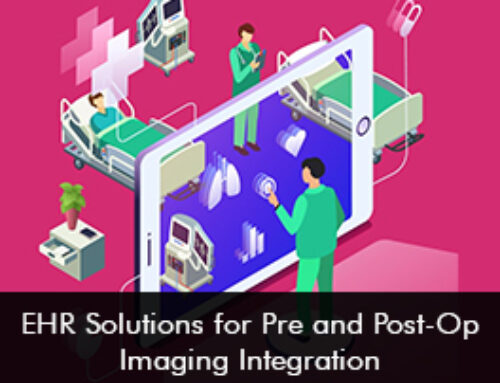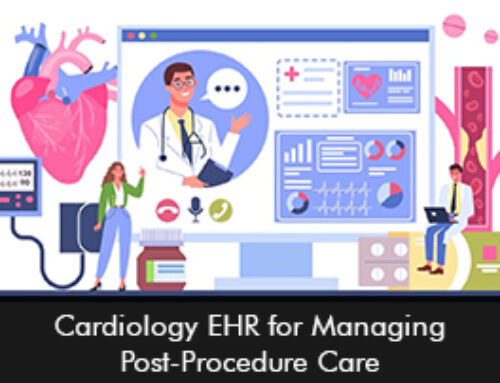AI technology is shaking things up in Electronic Medical Records (EMR) Software, making everything more efficient, accurate, and ultimately better for patients. Providers and nurses find that AI-powered EHR software is a game-changer, helping them work smarter, not harder, by automating tasks and giving them insights to make better patient decisions. As artificial intelligence keeps getting sophisticated, it’s clear it’ll be a key player in shaping the future of healthcare.
How AI integration in EMR Software can transform Healthcare?
Streamlining the Tedious Documentation Process
A big leap forward in EHR Software is how AI can now handle clinical documentation. Clinicians can use speech-to-text to dictate their notes, which saves them a lot of time compared to typing everything out. AI tools that understand human language (NLP) then organize and format the medical information, making sure it’s accurate and follows standard practices. This makes record-keeping better and cuts down on mistakes. Here are some Electronic Medical Records vendors that use AI tools to ease documentation load:
Smart Predictions to Improve Medical Choices
EMR software now uses smart algorithms to look at huge amounts of patient data. This helps spot patterns and guess future health problems. For instance, predictive analytics can empower doctors to catch early warning signs of diseases like diabetes or heart conditions, so they can act quickly. These insights let providers create treatment plans tailored to each patient, leading to better health results.
AI-powered Clinical Decision Support Systems (CDSS)
CDSS functionality in EHR Software helps healthcare providers by giving them evidence-based suggestions for diagnoses and treatments. These systems look at patient histories, lab results, and medical literature to recommend the best treatment plans. This empowers providers to make better decisions and makes diagnostic errors less likely.
Smart Workflow Automation
AI makes administrative tasks easier, like scheduling appointments, billing, and processing claims. Chatbots and virtual assistants in EMR Systems help patients schedule appointments, answer questions, and give medical reminders. By automating these everyday tasks, AI reduces provider burnout. According to the AMA in 2023, 48.2% of clinicians experienced at least one sign of burnout. Artificial Intelligence integration in electronic health records software can alleviate this issue and keep clinicians satisfied by improving work-life balance.
The Role of AI in the Evolution of EMR Software
As AI technology keeps progressing, its incorporation into EHR Software is poised to make healthcare even more efficient and boost the quality of patient care. We can expect to see things like AI-powered virtual health assistants popping up, real-time patient monitoring becoming commonplace, and much smoother communication between different healthcare systems. AI is revolutionizing EMR Software, paving the way for a healthcare system that’s smarter and uses data more effectively.
Thanks to AI’s influence on EMR Software, care teams can spend more time actually caring for patients, while also using technology to be more efficient and accurate in their work. The future of healthcare is definitely going to be shaped by Artificial Intelligence (AI), and EHR Software is right there leading the charge in this exciting new direction.




